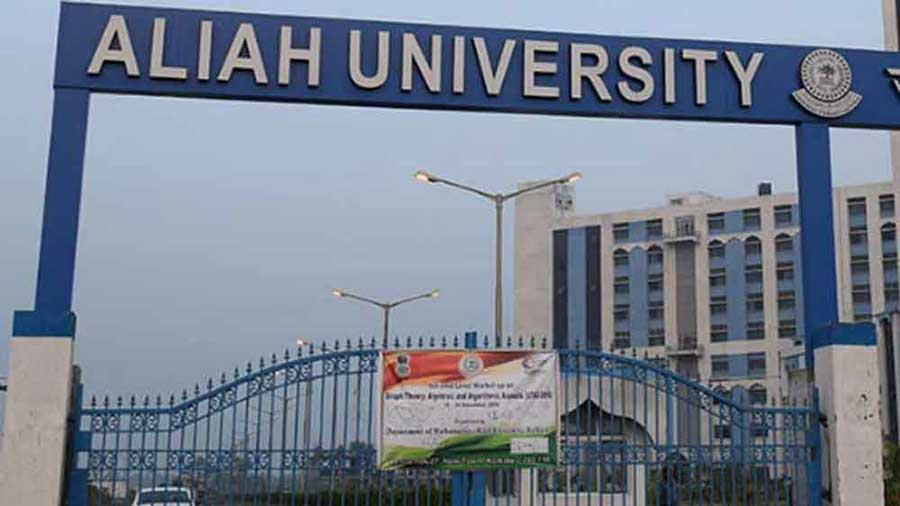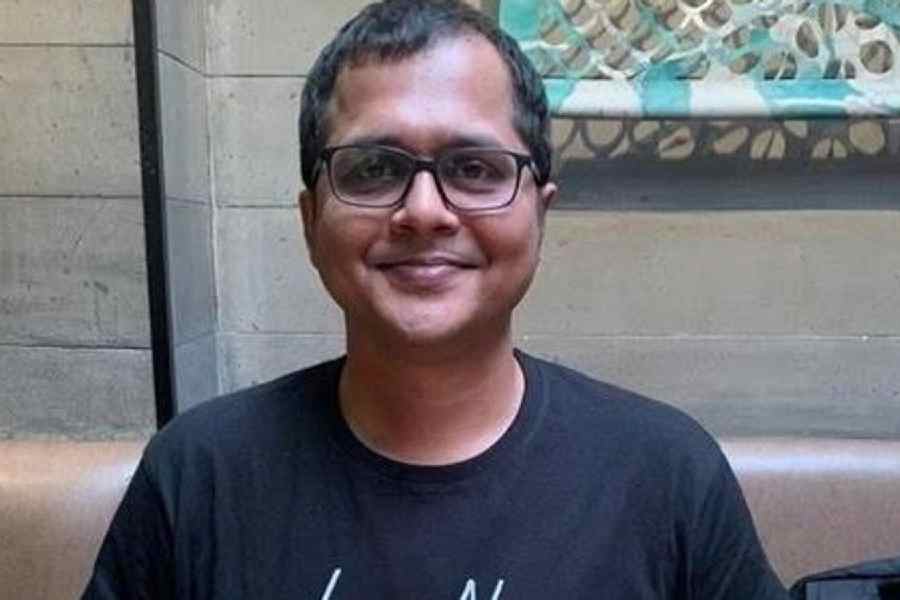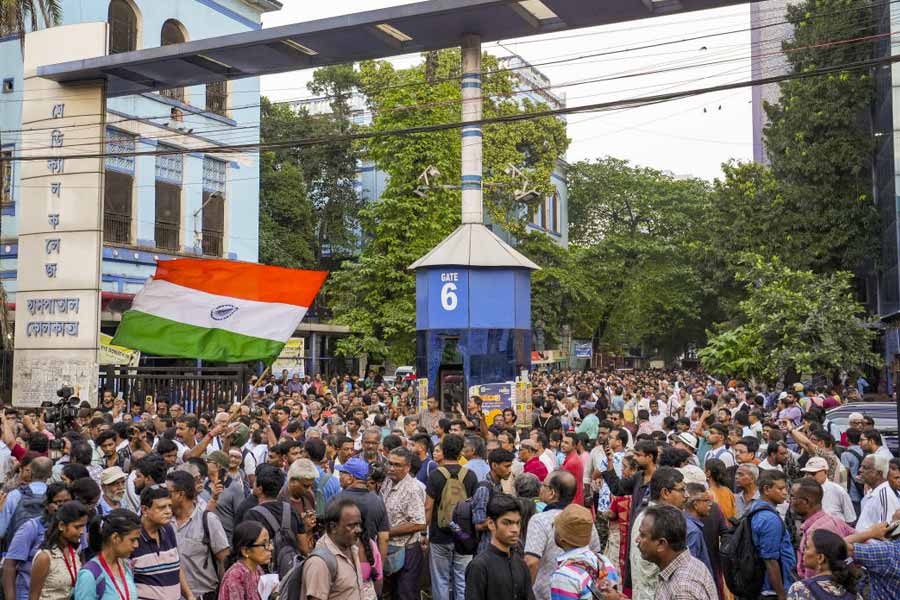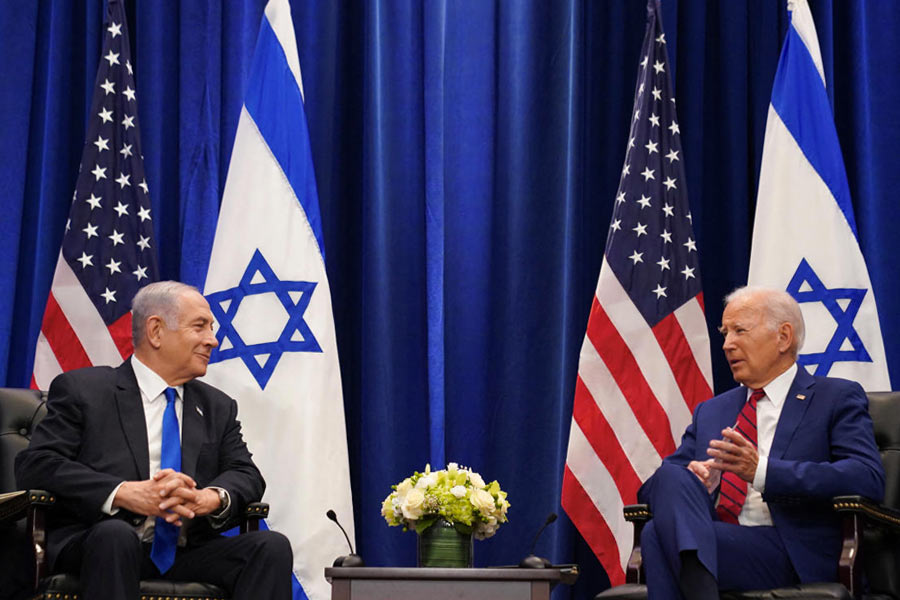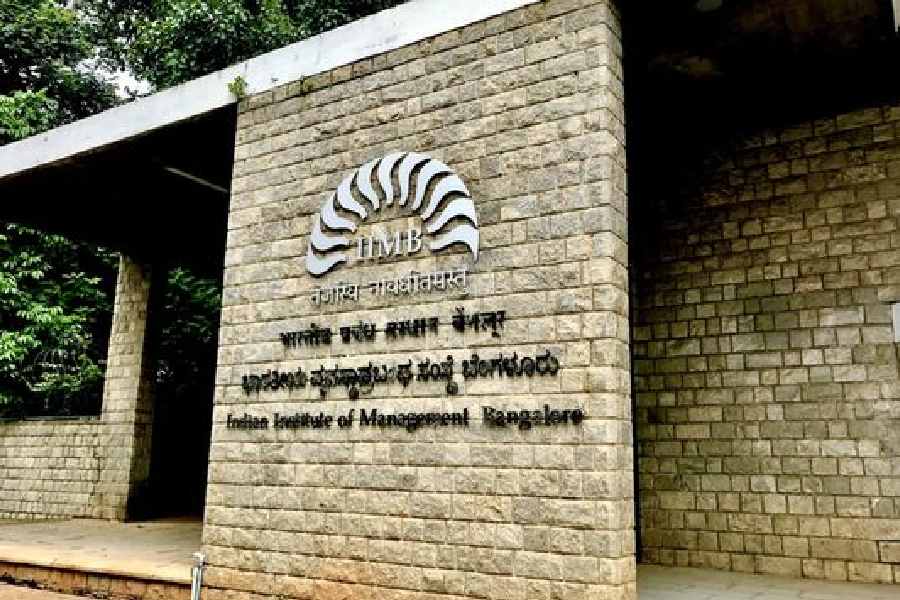The shift to temporary remote learning in wake of the COVID-19 pandemic is just the start of higher education sector's accelerating change and even as campuses reopen, leaders must accept that there will be no return to normal, according to a new report.
Pointing out that the universities in advanced economies are facing a number of existential issues in view of the pandemic, the report said the future of universities is under threat and the developed countries may have hit the "peak" of higher education.
The report titled Are universities of the past still the future? published by consulting firm EY is based on analysis about the future of the higher education sector and 29 interviews with university leaders from the US, UK, India, Singapore and Australia.
The report finds that universities will quickly need to adapt to a new reality due to demographic shifts, geopolitical challenges, changing workplace demands and high student expectations for a quality digital experience.
"Across the world, universities are still reeling from the global pandemic. The seismic shift to temporary remote learning is just the start of the sector's accelerating change. Even as campuses reopen, leaders must accept that there will be no return to normal. The business reinvention that is taking down giants in media, retail and energy, is coming for higher education and it is coming fast," the report said.
"If they are not willing to rethink their purpose and how they deliver value, some of the challenges thrown up by the COVID-19 pandemic could rapidly develop into existential threats. It is time to start asking difficult questions, challenge the status quo and look at the opportunities the pandemic has created to rethink how and where higher education is delivered and to whom," it added.
The report published on the International Day of Education recommends that universities take a "future-back" approach, looking ahead to 2030 to understand how five bold scenarios could require a radical transformation of their operating models if they are to remain competitive.
"The advent of widespread digital and distance learning is already radically reimagining the classroom as we know it. Universities must use digital learning experiences to augment what makes them unique and reinvent their learning delivery around that to meet the needs of tomorrow's students and lifelong learners. The power is shifting rapidly into the hands of the learner. Universities need to recognise this and provide the type of personalised, flexible learning options that students desire," it said.
Noting that the universities have lost their monopoly on accreditation, and non-degree, lifelong-learning credentials are becoming mainstream, the report recommended that they need to prepare for a world where location or brand reputation is less important to learners than the measurable quality and effectiveness of their teaching and learning outcomes in helping learners reach their individual career and life aspirations.
"Research is the lifeblood of universities, from deciding rankings to attracting the best minds to producing value for society, but it is costly and is heavily subsidised by tuition fee revenues. Universities could shift to prioritise commercial, demand-driven research, collaborating more closely with industry and capital markets and then working with governments for better funding for non-commercial research of national or international value and significance," the report said.
Technology is helping those in developing countries to access higher education in new ways, allowing universities to expand their reach exponentially.
Western universities looking for new markets have a huge opportunity to partner with in-country providers to roll out sought-after, high-quality education in these growing markets, using technology to do so at scale and a price point that is affordable locally," it added.
JNU Teachers Association questions delay in appointment of university VC
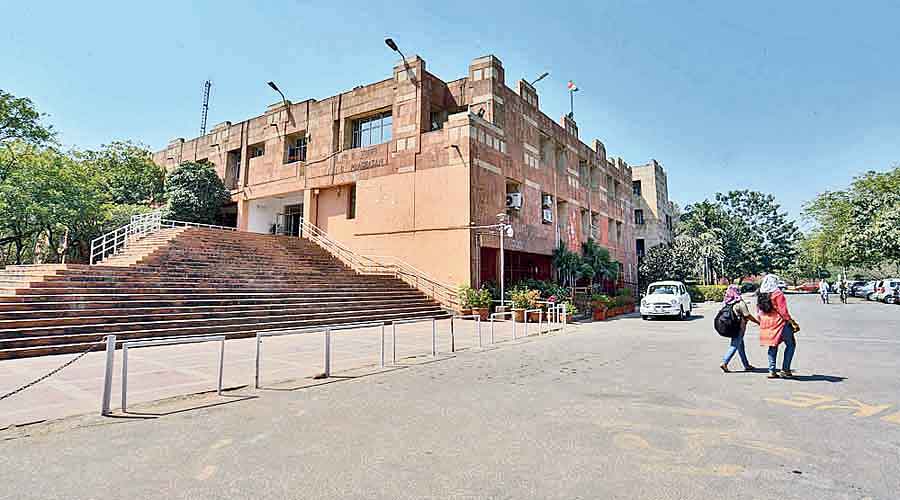
Jawaharlal Nehru University File Picture
New Delhi: The JNU Teachers Association (JNUTA) on Tuesday questioned the delay in appointment of new Vice Chancellor of the university an year after the previous head's tenure ended.
"In the university system, the position of the Vice Chancellor is an important one. Yet it has been over a year now that JNU, one of the premiere universities of the country, has been functioning without a full time Vice Chancellor. Several other Central Universities that had a similar vacancy have had new appointees. What then explains the delay in the case of JNU?," the association said in a statement.
Currently M Jagadesh Kumar, who has been the Vice Chancellor since 2016, is holding the charge as acting VC, till the Ministry of Education appoints his successor.
"Directives issued by the Ministry of Education and provisions of JNU's own statutes explicitly forbid Vice Chancellors whose tenures are formally over from taking decisions on policy matters of a substantive nature. Yet, important decisions related to policy matters are being pushed through by the caretaker Vice Chancellor, without any discussion, that have far reaching consequences for JNU in the longer run," the teachers association alleged.
"On the teaching front, while the university moved to online teaching during the Pandemic - despite several requests there was no financial help provided to faculty for purchase of teaching aids by the university. No institutional subscription was provided to faculty for any online platform wherein bigger classes could be easily accomodated. No steps were taken by him to personally ensure that faculty were duly rewarded with additional Earned Leave for working without any break over the past two years," it further said.
There was no immediate reaction from Kumar on the issues raised by JNUTA.
PTI

